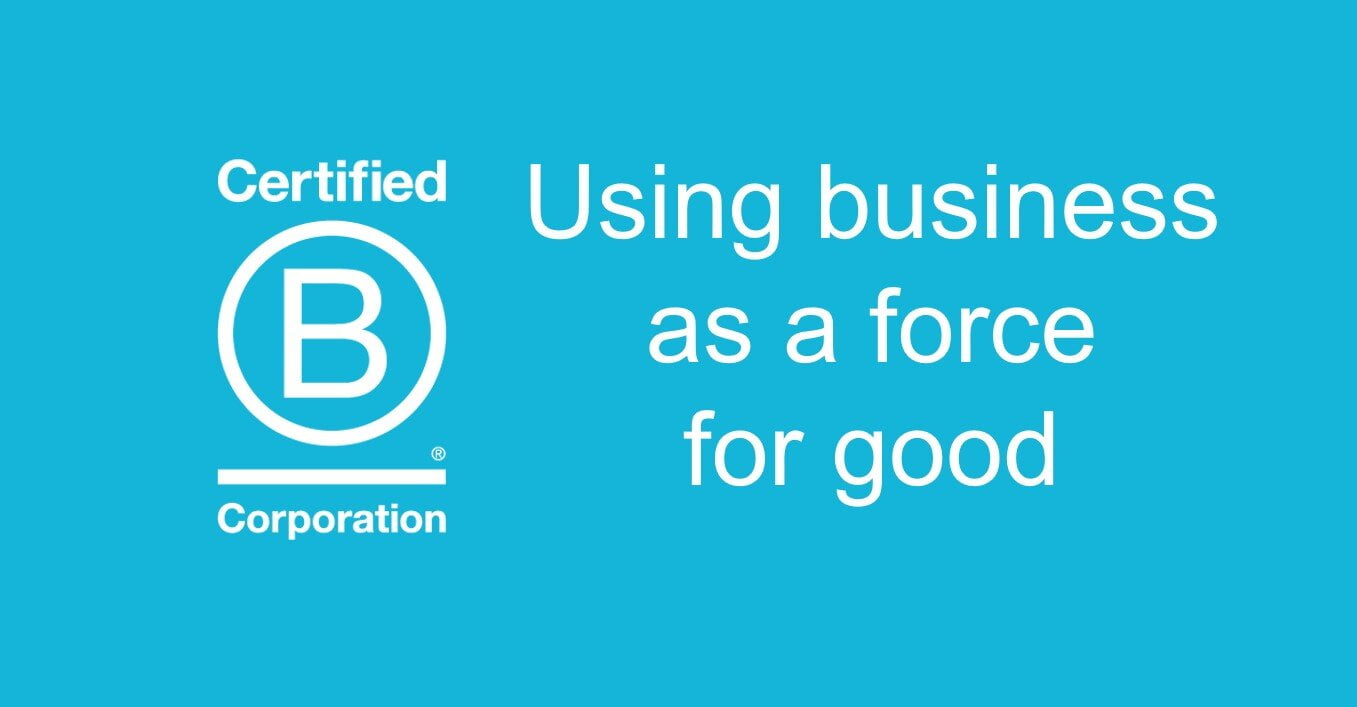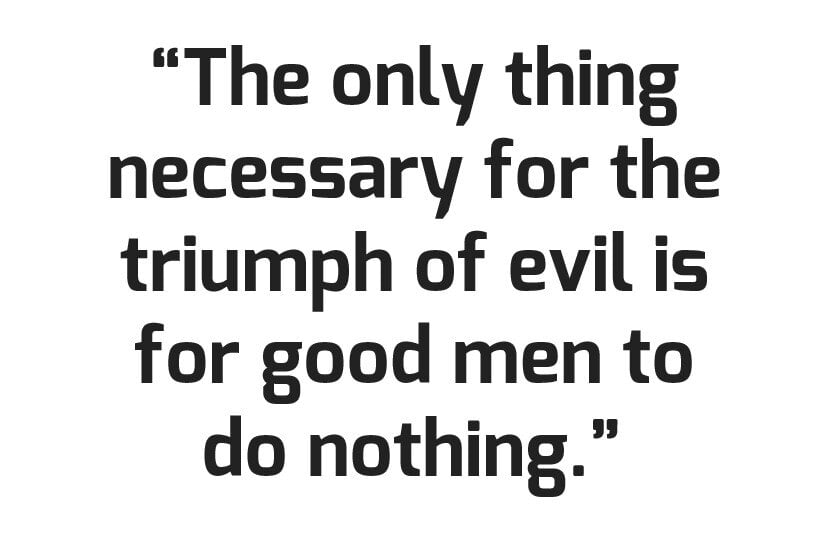Collapsing before it had even begun, the breakaway European Super League was seemingly doomed from the get-go. Following widespread condemnation from fans, football authorities and politicians alike, nine of the twelve founding clubs quickly withdrew from the competition. In just 48 hours, the deal was over. But unfortunately, the damage was already done.
So, why did this project prove to be so controversial?
A closed league, contested by the same teams each year, would effectively undermine the whole structure and integrity of European football. The current UEFA Champions League works on the principle that the best, and most deserving teams, progress onto the next round. What happens to the game if there is no opportunity for advancement? Or if the top spots are permanently filled by the same ‘core founding’ clubs? What provides the motivation to keep competing?
Well, in short, money.
The European Super League was financially backed by J.P. Morgan, a U.S. investment bank that had committed €3.25bn to getting the competition off the ground. Each club was set to get a share of this in the form of a welcome bonus worth between €200m and €300m.
This new insular tournament also came with the promise of greater economic growth for the clubs involved and the possibility of massive savings. Without the risk of relegation, the teams that qualified would be able to cut back on player salaries, transfer fees and other outgoing costs that might eat into their operating profit.
One thing the club owners failed to consider, however, was that public backlash might scupper these plans entirely.
Football fans immediately decried the idea, calling out the greed of the billionaire owners who had lost sight of the history and the community spirit of the game. The decision to enter this league, they argued, was entirely business-driven, with little thought given to the opinions of the people.
And they weren’t wrong. The implementation of this closed Super League is a glaring example of shareholder primacy.
Plans were drawn up and realised without consultation or discussion. Many key stakeholders had absolutely no say in the matter, though they would be the ones primarily affected. The owners were completely out of touch with the fans, making decisions that would maximise shareholder wealth, but ultimately cost them the trust of their supporters.
The truth is shareholder capitalism is no longer a valid, or sustainable, economic model.
Any business that fails to prioritise their stakeholders will find it difficult to reach its long-term goals. Understanding and respecting the interests of the stakeholders – in this case, the players, coaches, fans etc. – is the key to sustained success.
Over the past few years, there has been, in a sense, a public awakening. People are rethinking their values and demand more from the businesses they support. While companies are still predominantly driven by a profit, they need to have commitment to other stakeholders and establish how exactly the business provides value for them.
B Corps are companies who think about the positive and negative impacts certain decisions may have on all of their stakeholders and to consider their needs in equal priority. This impact is measured using a robust tool and externally assessed. They operate in a way that benefits all stakeholders, not just shareholders motivated solely by profit.
Scoring a hatrick for People, Planet and Profit is clearly the right way forward if a company wants a healthy future and reach its goals. This is in sharp contrast so clearly demonstrated by the recent own goal by the ESL. Let us hope that it’s all businesses as well as the ESL who can learn this.






